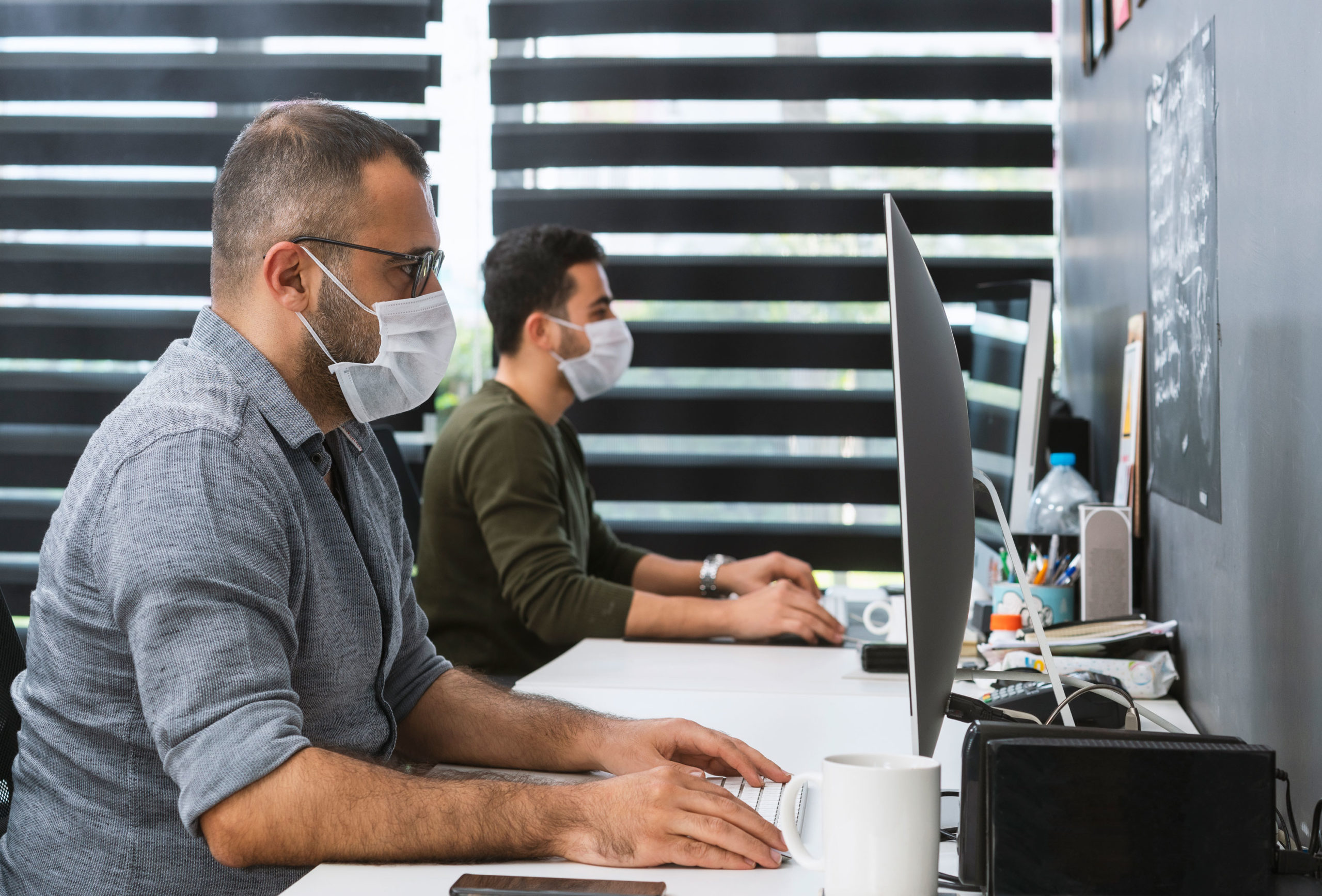
 COVID-19 has gripped the attention and concerns of the public at large. As grocery stores, meeting places and other properties have either opened or will open, the owners must wrestle with measures to prevent infections or outbreaks. A person injured on someone else’s property in Los Angeles can suffer at the hands of bacteria, viruses and other disease-causing agents as well as a hole in the floor, broken steps or other physical defects.
COVID-19 has gripped the attention and concerns of the public at large. As grocery stores, meeting places and other properties have either opened or will open, the owners must wrestle with measures to prevent infections or outbreaks. A person injured on someone else’s property in Los Angeles can suffer at the hands of bacteria, viruses and other disease-causing agents as well as a hole in the floor, broken steps or other physical defects.
However, attorneys for premises liability cases and those they represent have unique challenges proving causation when it comes to COVID-19. The virus is transmitted by contact and droplets from sneezing and coughing, is highly contagious, and can spread without its hosts exhibiting symptoms. These characteristics require a Los Angeles personal injury attorney to carefully examine whether the defendant you seek to pursue was careless in exposing you to the virus or any harm you suffered from it.
The Premises Is Not the Source of Infection
If you bring an COVID-19 exposure claim to a premises liability attorney, you and the lawyer have the hurdle of proving that you contracted the virus and did so from the particular establishment. You likely need to show who exposed the premises in question to COVID-19. In the defense of the suit, the property owner will try to place the blame, or at least the possible blame, on other places you may have frequented. The defense lawyer will request social media posts, texts, receipts and other evidence of your whereabouts for the period of time in question. This may make it less likely that the defendant owner caused you to be infected because you were not infected there. In responding to such requests, a premises liability attorney can help you get information that none of these other places exposed you to the virus.
The best chances for a Los Angeles Injury lawyer to source the defendant’s premises as the site lies where you have constantly been in one space or property. If you have been on a cruise ship or stayed at a residential facility, it is more likely you have not been to other places where you could have been exposed — given the incubation period of up to two weeks. In such cases, the defense might have more difficulty proving that you were injured on someone else’s property in Los Angeles other than the defendant’s premises.
The Negligence Didn’t Cause the Infection
In premises liability law, you must show that the property owner’s negligence caused your injury. For COVID-19 cases, you might encounter a defense that the owner followed the Centers for Disease Control guidelines and rules of local or state health authorities. Evidence that attorneys for premises liability claims use to show lack of due care include the lack of marks to carry out social distancing, staff not wearing masks or gloves, the absence of barriers and allowing large groups to congregate.
You Lack Symptoms
Even if you prove negligence on the premises caused your infection, you have the question of your harm. If you contracted COVID-19 and exhibit no symptoms, the defense may claim you have no damage and, thus, no claim.
To pursue a claim without the symptoms associated with coronavirus, a property injury lawyer Los Angeles might consider whether you may have a negligent infliction of emotional distress. Such a claim requires, among other things, that you suffered severe emotional distress, such as some psychological harm, fright and shock. It may prove difficult, but not impossible, for a property injury lawyer Los Angeles to argue that you suffered distress because someone contracted the virus at a place you visited.
Proving that you’re injured on someone else’s property in Los Angeles from a COVID-19 infection requires skillful analysis of evidence of the harm and the cause of it. If you believe that a property owner negligently exposed you to infection, contact one of our attorneys for premises liability claims today.
